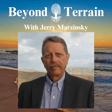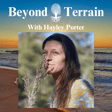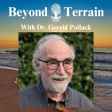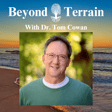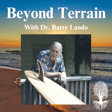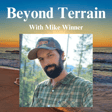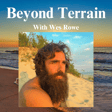
Cole Clayton on Osteopathy, Cranial Work, The Primitive Argument, Movement, and Mouth Taping!
We begin with insights into Cole's view on osteopathy and his personal journey at the intersection of these practices. This snowballs into Cole's practice, in which he works closely with a holistic dentist! The discussion turns to myofunctional therapy and the concept of mewing, exploring the importance of these practices for overall well-being, as well as some things to consider when pursuing these practices.
We emphasize the significance of cranial work in the context of osteopathy, unraveling its role in promoting health. Exploring the theme of client autonomy in osteopathy, we discuss the importance of empowering individuals in their healing journeys.
Addressing the question of whether primitive individuals need osteopathy, we delve into the argument surrounding the application of osteopathy in different contexts. The conversation shifts to a discussion on Weston A. Price, as well as the primitive argument in general.
We delve into the impact of indoor air quality, the importance of movement, proper sleep, and mouth taping!
I hope you enjoy the episode
Follow me
https://www.instagram.com/beyond.terrain/
https://linktr.ee/beyondterrain
Support the Vision
https://www.buymeacoffee.com/beyondterrain
ETH: beyondterrain.eth
BTC: bc1qqwc470ktgj3l4myqxr5hq67rnlqys0qm98u6f0
Support and Learn from Cole
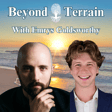
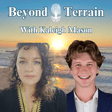
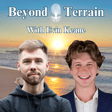
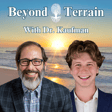
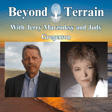
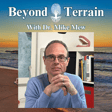
![DNA Doesn't Exist & Genomic Nonsense with Dr. Jerneja Tomsic [Part 2] image](https://media.zencastr.com/cdn-cgi/image/width=112,quality=85/image-files/652933f3a749dc383eb375de/ce5a5fd9-98c9-44fe-9b4b-3d0cd5abcf29.png)
